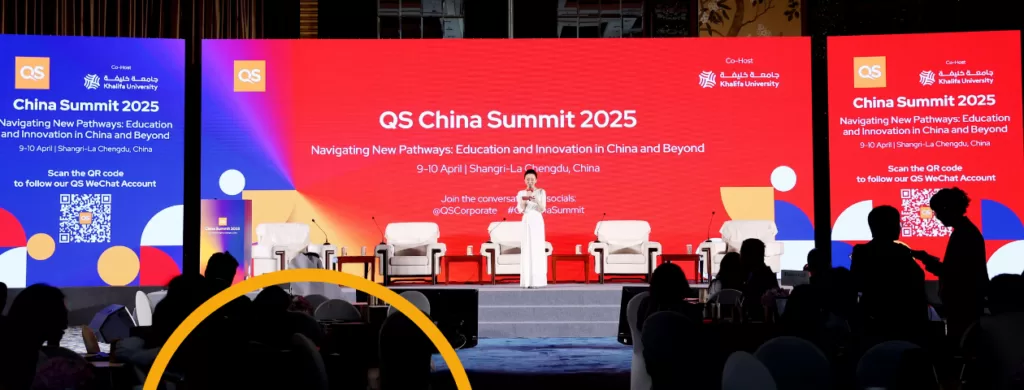
The innovative nature of the Chinese is world renowned, from compasses and gunpowder to printing and paper – the nation’s people have been responsible for some of the most important developments in human history. And yet, there are now significant research and invention issues in the country’s higher education sector. What has happened to this creative force to be reckoned with?
The answer, it seems, lies somewhere between the education system and the political climate which shapes behavioural trends.
Is it the fault of the education system?
Education in China is both maligned and glorified in the West. Critics claim it stunts creative growth while advocates point to the test scores of Chinese students, which are often among the highest in the world.
Recently, the country’s Ministry of Education and several universities joined forces to analyse the quality of higher education in China. The ensuing report ascribed weakness to a shortcoming in the ‘innovative spirit’ of university students, and found that graduate employers were dissatisfied with the practical skills of their new employees.
Findings of the report also suggest that educational techniques, which are undoubtedly very successful in some areas, may not be nurturing the analytical, creative and problem-solving skills needed to create and innovate at a higher level. In addition, it pointed out that the education system in China may not be teaching students to apply skills learnt at university to a real working environment successfully.
However, this issue does not seem to apply on an international level. While it is true that Chinese students studying in the UK tend to have lower success rates than their domestic counterparts, students questioned did not suggest that this was a result of the education system they’ve emerged from, but rather language barriers and cultural differences.
Even so, the Chinese government has picked up on the need for reform in higher education, with the Chinese Premier, Li Keqiang, suggesting universities be given more autonomy and focus their efforts on unique research, rather than emulating that of other institutions.
“Higher learning institutions should have more decision-making powers for their own operations, and authorities should delegate more administrative approval powers and cut outdated regulations.”
However, his emphasis seems to advocate that the issue with a lack of originality is related to the politics and bureaucracy of university life, rather than methods of education.
Is the politics of the country blocking academic progress?
Original research requires not only the ability to think creatively, but the autonomy to do so as well. Despite calls for more freedom, the Chinese government continues to have a heavy presence inside universities. CCTV cameras have reportedly been fitted in the classrooms of those deemed to be questioning the state and as recently as 2015, the premier announced that there was no room for “Western values” in Chinese universities, banning the use of Western textbooks and source materials. The problem many would find with this approach is that progress tends to come from engaging with and understanding opposing theories and methods, and formulating your own ideas through that knowledge. Restrictions are often detrimental to progress.
The bureaucracy of the education system is a significant factor in the problems faced by universities. The university faculty, who should have the ability to make decisions on what and how to study, have very little say on what happens in reality. Those without the academic skills and knowledge needed to make decisions are often running institutions and grants are allocated not by academics, but by administrators – people who won’t always have the ability to assess proposals accurately.
It’s possible that these are cultural, as well as political, concerns. Chinese culture is heavily focussed on respect, especially towards those with seniority. University staff tend not to question the theories of their colleagues, even if this is at odds with academic development. Original research relies on scepticism and a willingness to question established approaches.
Wherever the issues stem from, the government is investing a lot of money into improving higher education in China, not only to convince its brightest students to study at home, rather than internationally, but also to help create a generation of innovative thinkers, who can move the economy away from production, and into creation.
But without an academic sector that facilitates progress, it’s questionable how successful this will be.



